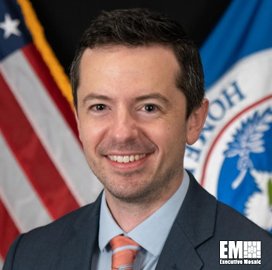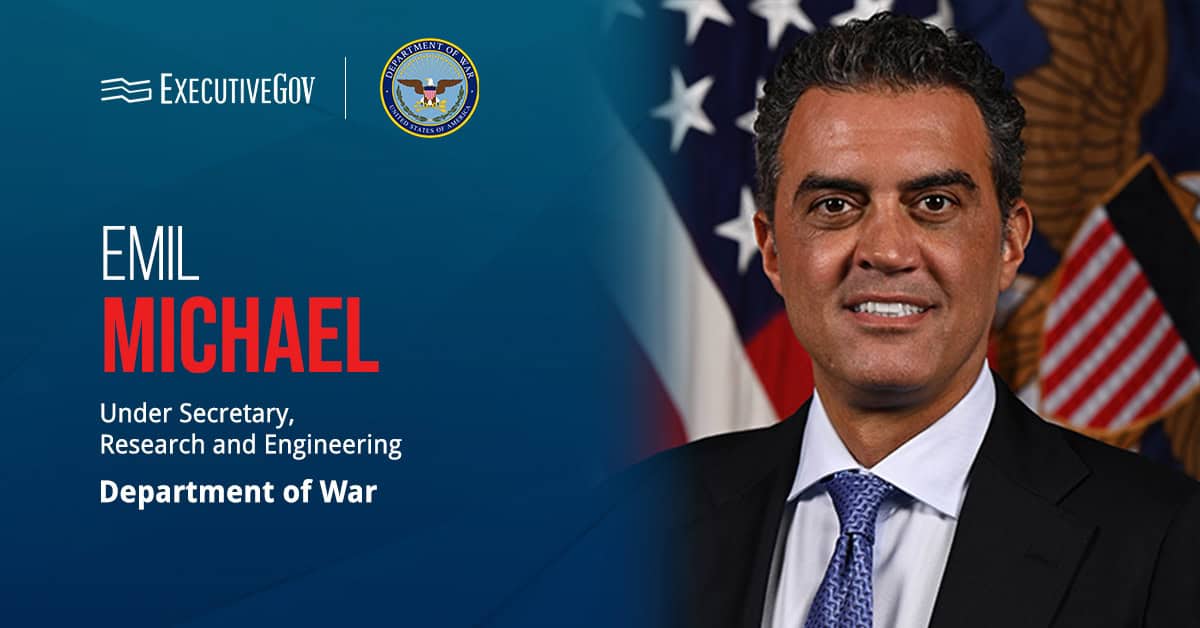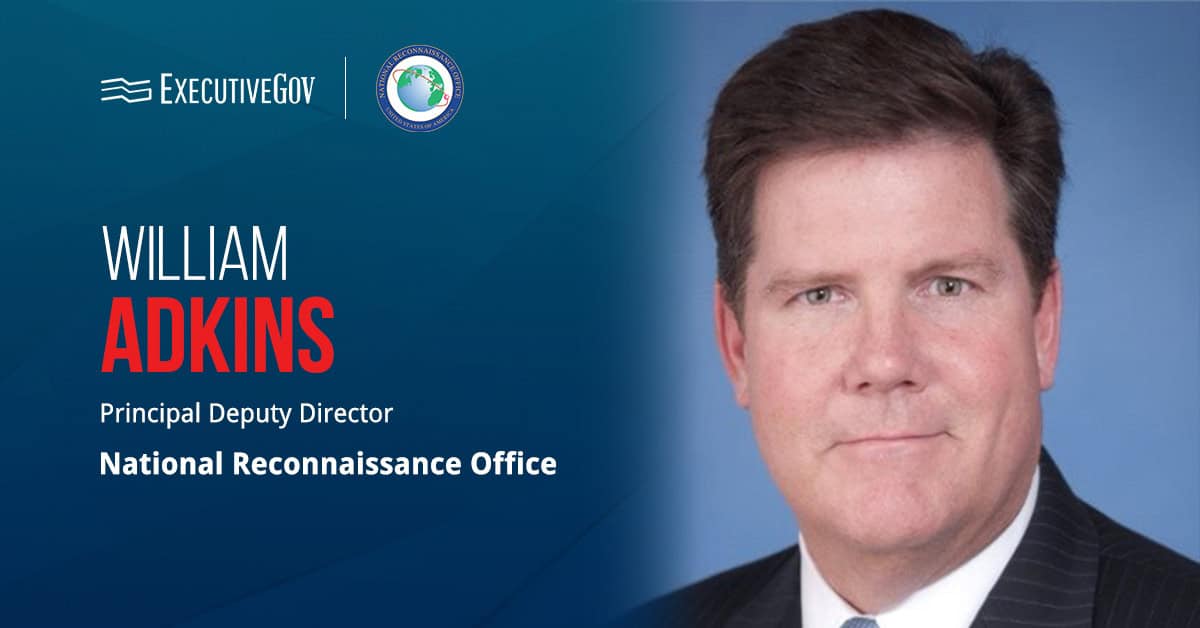Chris Pashley, formerly deputy chief information security officer at the Cybersecurity and Infrastructure Security Agency, has been appointed CISO at the Advanced Research Projects Agency for Health, according to his LinkedIn post.
Pashley will help ARPA-H develop and launch an agency-wide initiative to implement cybersecurity measures.
In his prior role, Pashley supported efforts to strengthen CISA’s internal cybersecurity program by collaborating with the agency’s CISO and chief information officer.
Before joining CISA, Pashley was the lead of the cyber threat intelligence team within the U.S. Customs and Border Protection’s security operations division.
He moved to the government sector in 2017 after serving as an associate at Booz Allen Hamilton for nearly seven years.





